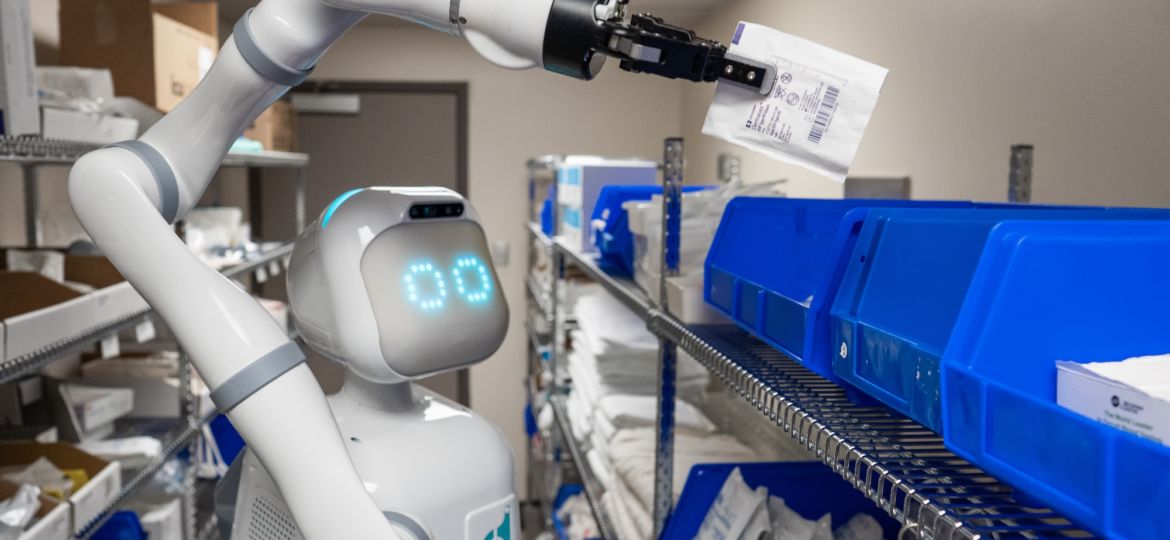End of humanity brought by robots…
That was always a fashionable subject for science fiction and made it to the core of at least half a dozen popular movies so far. The truth, however, might turn out just the opposite as hopeful signs emerge in Fairfax City, Virginia, these days.
COVID-19 pandemic has grinded all but a trickle of human activity to a halt in the U.S. and almost everywhere else around the world. Entire nations from the west to the east are in strict lockdown. Worse, as the global health emergency looks certain to deteriorate before it starts to finally ease over the next weeks, or even months, change in the ways we live is but inevitable.
Robots might be central to that change. So will, at least, Fairfaxers testify when Starship Technologies robots start delivering groceries around town soon.
‘Tremendous Demand’ During COVID-19
The hope is that those autonomous machines will help connect a variety of city businesses with residents. Especially when they are ordered to stay at their homes and practice social distancing due to the pandemic.
That could happen as soon as April 20th, according to Chris Neider, member of the tech company’s business development team. For him, those robots will ride above a rising wave of demand. “We’re seeing a tremendous need, at this time, especially for contactless delivery,” he says in an April 11th report.
Customers can use the service by downloading the company’s mobile application with which they can see which stores use the technology in their neighborhood. All that will be left, then, will be placing an order for the items they need online. Robots will deliver them to their doors.
Those deliveries are already happening inside George Mason University’s campus in Northern Virginia. For students who cannot go home because of the pandemic, that service is an important way they stay safe.
Worst Post-War Crisis
For many countries around the world, the COVID-19 pandemic represents the worst economic and social crisis since World War II. The U.S. is one of them. Even the most optimistic estimate on its damage to the national economy starts from a trillion dollars. The pandemic’s human cost is growing by the day to new heights.
According to Johns Hopkins University’s Coronavirus Resource Center, there were more than 550,000 cases and about 22,000 fatalities across the U.S. by mid-April. In the Commonwealth of Virginia, where Governor Ralph Northam issued a stay-at-home order and banned all gatherings of more than 10 people on March 30th, the number of cases topped 6,000 including 149 deaths. The state’s social restrictions are likely to extend through end of April and possibly even beyond that. The Institute for Health Metric and Evaluation predicts the peak resource use in Virginia will happen on April 27th.
